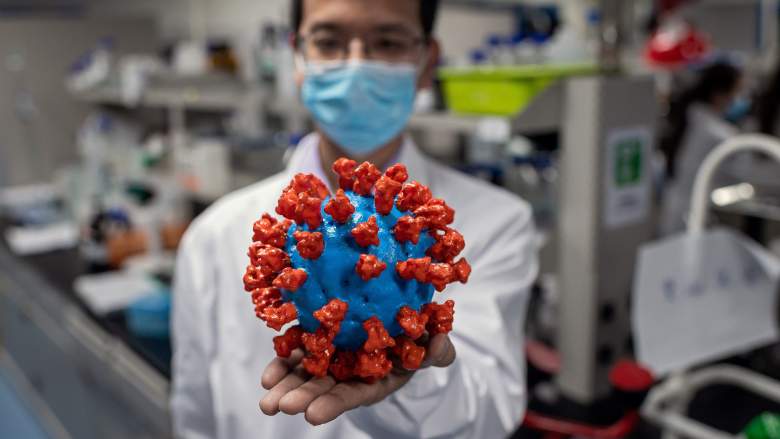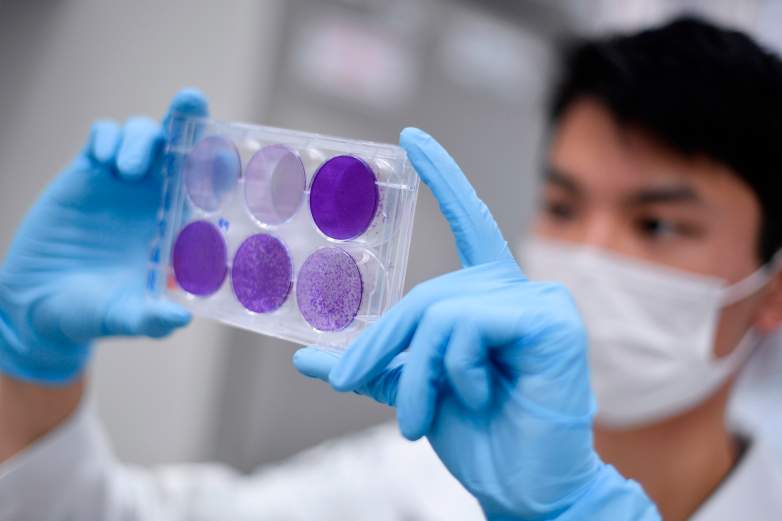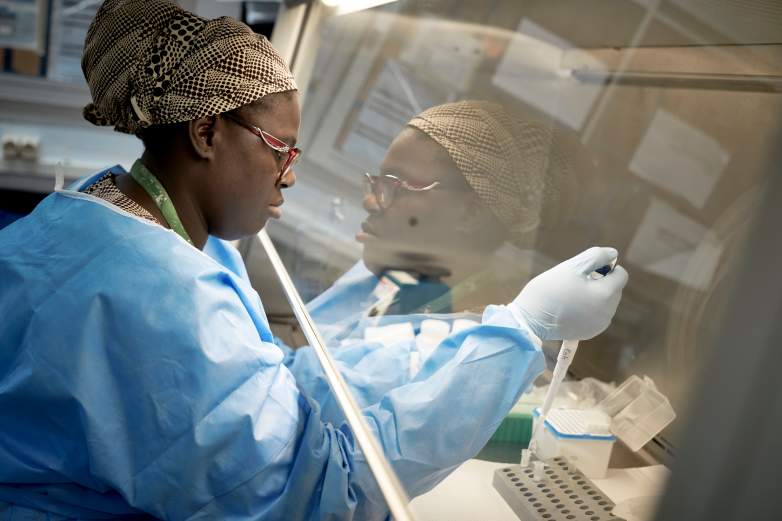
Scientists in China are seeing a change in COVID-19 patients that they think may be due to a viral mutation. A new cluster of cases is manifesting in longer incubation times, and symptoms are lasting longer in newly infected patients in Northeastern China, where the outbreaks clusters in families are resurging.
The incubation time in which people can spread the virus while having no symptoms is of concern to health care workers, as it has been in the U.S. According to Qiu Haibo, one of China’s top critical care doctors, “The longer period during which infected patients show no symptoms has created clusters of family infections,” Bloomberg reported.
The Chinese findings also describe patients from the new clusters as having lung damage primarily and less damage to other vital organs that had been seen in previous severe cases.
It’s believed that the new emergence of cases came from contact with infected people in neighboring Russia, where cases are growing rapidly. According to Johns Hopkins University, Russia now has over 307,000 reported cases and is second in cases only to the U.S.
Viral Mutations Are Normal & Not Necessarily Something to Be Worried About

GettyA researcher works on virus replication in order to develop a vaccine against the coronavirus COVID-19, in Belo Horizonte, state of Minas Gerais, Brazil, on March 26, 2020.
According to the journal, Nature, “mutation is a humdrum aspect of life for an RNA virus.”
Essentially, it’s what viruses do.
“Mutations are not indicative of outlandish and devastating new viral characteristics. Instead, they can inform our understanding of emerging outbreaks,” according to Nature, who also reported that it’s inaccurate to assume a viral mutation will definitely make a virus more contagious or deadly.
“Mutations can also make a virus either more or less virulent,” according to Nature.
As researchers study the coronavirus, there are all kinds of studies showing findings of different mutations, adding more uncertainty to these uncertain times. Scientists Los Alamos National Laboratory published a paper that says they found a mutation that would make the virus even more contagious. Another study from Arizona State University discovered a mutation, only in one person, that may “potentially reduce virus fitness,” or make coronavirus less effective to spread and do harm.
The conflicting research discoveries are normal at this stage of a new virus, according to Nathan Grubaugh at Yale School of Medicine.
“There’s nothing out of the ordinary here,” he told The Atlantic, who reported, “Yes, the virus has picked up several mutations since it first jumped into humans in late 2019, but no more than scientists would have predicted. Yes, its family tree has branched into different lineages, but none seems materially different from the others.”
Coronaviruses Mutate Much Slower than Influenza Viruses Which Is Good For Vaccine Development

GettyA Malian researcher conducts a COVID-19 coronavirus test, at the University Clinical Research Center of Bamako, on March 19, 2020.
Flu viruses mutate quickly, which is why different vaccines are concocted every year and why sometimes those vaccines miss the mark. The 2017-2018 flu season was one of the most severe in a decade with an estimated 45 million cases, 21 million people going to a doctor, 810,000 hospitalizations, and 61,000 deaths. That year the vaccine was only 40% effective according to the CDC.
One positive about the speed at which coronavirus mutates, it’s much slower than flu virus mutations. This bodes well for vaccine development because it means that whatever vaccine ends up being viable, it is expected to be effective longterm.
Peter Thielen, a molecular geneticist at the Johns Hopkins University Applied Physics Laboratory who has been studying the virus told The Washington Post in late March, “At this point, the mutation rate of the virus would suggest that the vaccine developed for SARS-CoV-2 would be a single vaccine, rather than a new vaccine every year like the flu vaccine.”
READ NEXT: New Study Finds Immunity to Coronavirus Linked to the Common Cold